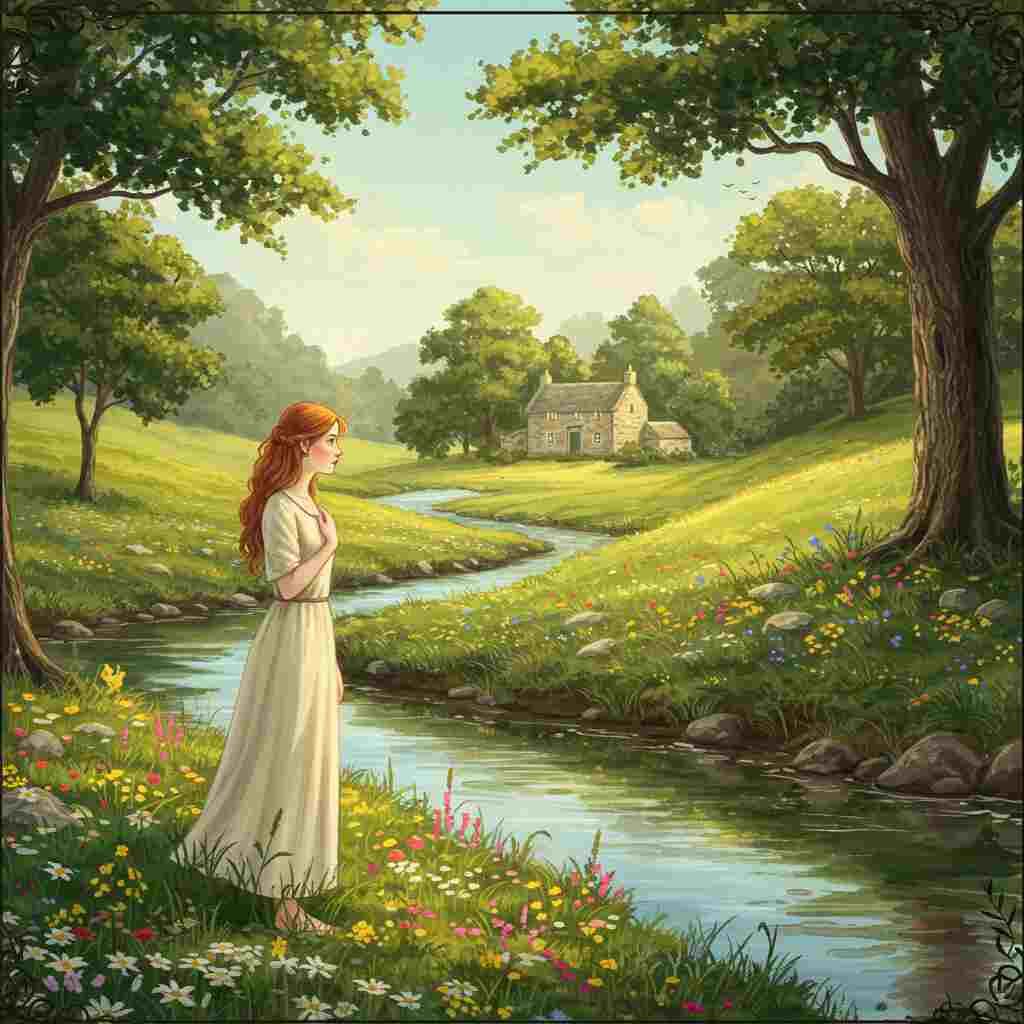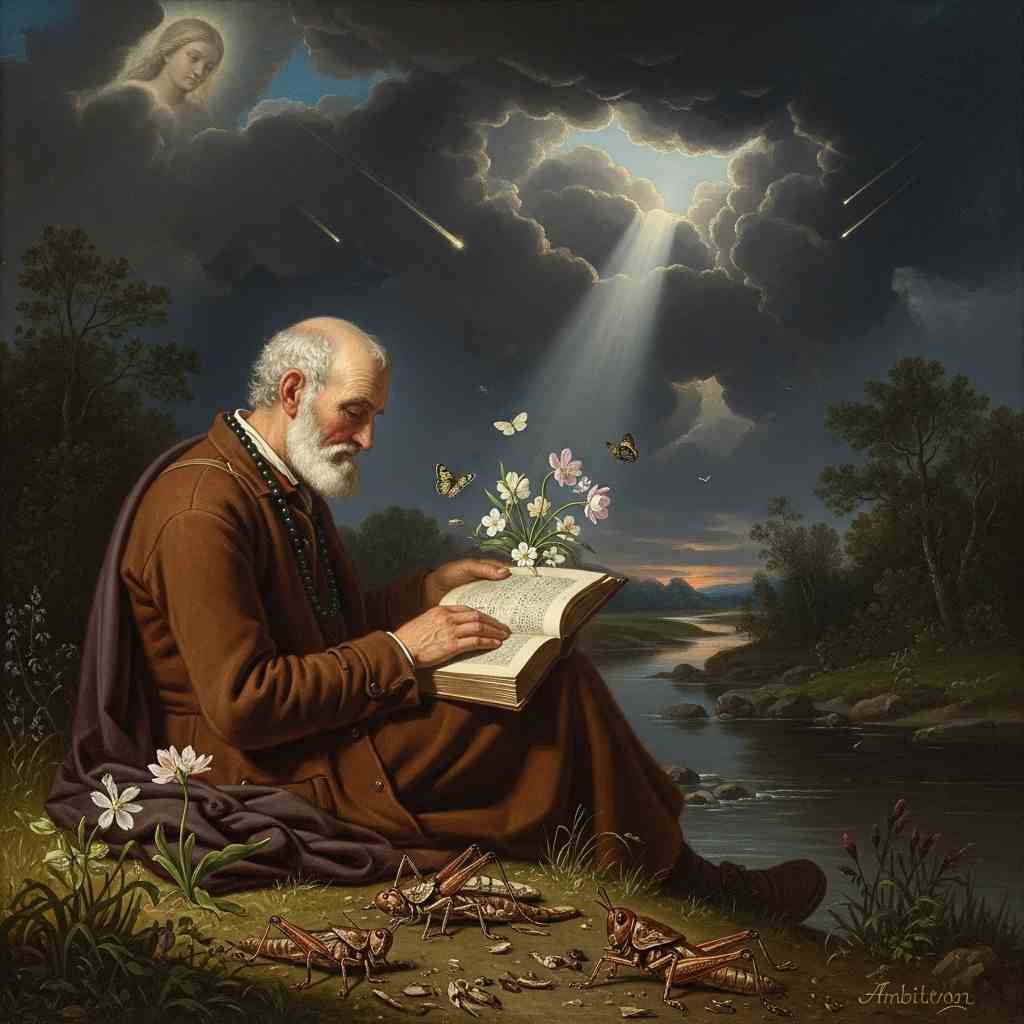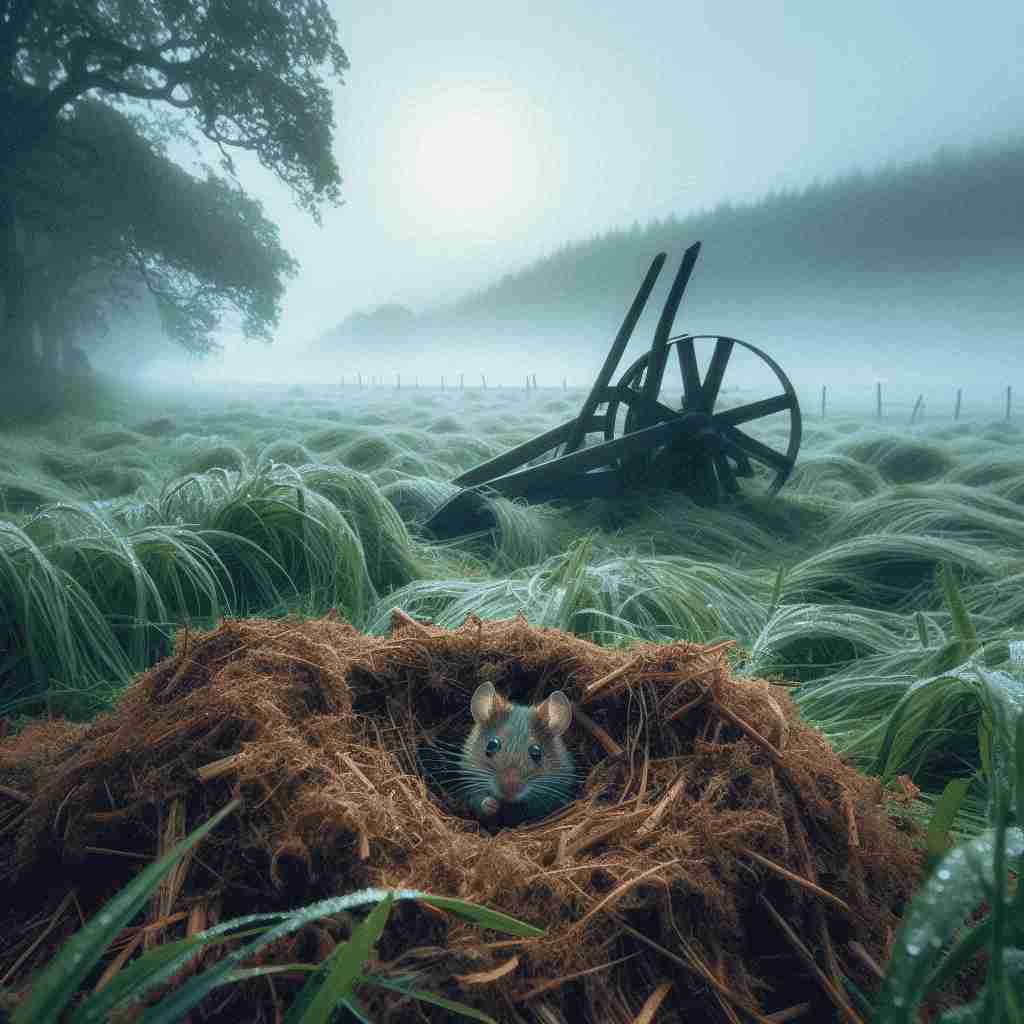11 Poems by Robert Burns
1759 - 1796
Robert Burns Biography
Robert Burns, born on January 25, 1759, in Alloway, Ayrshire, Scotland, is widely regarded as the national poet of Scotland and a pioneer of the Romantic movement. His life, though relatively short, was marked by prolific creativity, passionate relationships, and a deep connection to the Scottish land and its people. Burns's poetry and songs have become an integral part of Scottish culture and have influenced literature worldwide.
Born to William Burnes, a tenant farmer, and Agnes Broun, Robert was the eldest of seven children. Despite their poverty, his parents valued education, and his father hired a tutor, John Murdoch, to teach Robert and his brother Gilbert. This early exposure to literature, combined with the oral traditions of Scottish folk tales and songs, laid the foundation for Burns's future as a poet.
Burns's childhood and youth were spent working on the family farm, an experience that would deeply influence his poetry. The hard physical labor and close connection to the land instilled in him a profound appreciation for nature and rural life, themes that would become central to his work. It was during these formative years that Burns began to compose his first verses, often setting them to traditional Scottish tunes.
At the age of 15, Burns experienced his first love affair with Nelly Kilpatrick, inspiring him to write his first poem, "O, Once I Lov'd A Bonnie Lass." This marked the beginning of a lifelong pattern where Burns's romantic entanglements would fuel his poetic output. His relationships with women were numerous and often complicated, resulting in several children both in and out of wedlock.
Burns's first major poetic success came with the publication of "Poems, Chiefly in the Scottish Dialect" in 1786, often referred to as the "Kilmarnock Edition." This collection included some of his most famous works, such as "To a Mouse," "The Cotter's Saturday Night," and "Halloween." The book was an immediate success, earning Burns literary acclaim and entrance into Edinburgh's intellectual circles.
In Edinburgh, Burns became a celebrated figure, admired for both his poetic talents and his rustic charm. He was dubbed the "Heaven-taught ploughman" by Henry Mackenzie, a moniker that, while flattering, somewhat misrepresented Burns's education and sophistication. During this period, Burns began collecting and preserving traditional Scottish songs, a project that would become one of his most significant contributions to Scottish culture.
Burns's work is characterized by its use of the Scots language, its celebration of rural Scottish life, and its exploration of universal themes such as love, nature, and social justice. His poetry ranges from tender love lyrics to biting satire, from patriotic anthems to ribald tales. Some of his most famous poems include "Tam o' Shanter," a narrative poem that showcases Burns's storytelling abilities and his knack for the supernatural, and "A Man's a Man for A' That," which espouses egalitarian ideals that were radical for his time.
As a songwriter, Burns was equally prolific and influential. He contributed hundreds of songs to James Johnson's "Scots Musical Museum" and George Thomson's "Select Collection of Original Scottish Airs." Many of these were adaptations of traditional folk songs, while others were entirely original compositions. "Auld Lang Syne," perhaps his most widely known work, has become a global anthem for New Year's celebrations.
Despite his literary success, Burns struggled financially throughout his life. In 1788, he leased a farm in Ellisland, Dumfriesshire, but the venture was unsuccessful. In 1789, he took a job as an excise officer in Dumfries, a position that provided a steady income but was at odds with his poetic persona and political sympathies.
Burns's political views were complex and sometimes contradictory. He was sympathetic to the ideals of the French Revolution and Scottish republicanism, yet he also wrote patriotic British songs like "The Dumfries Volunteers." His poem "Scots Wha Hae," purportedly the address of Robert the Bruce to his troops before the Battle of Bannockburn, became an unofficial national anthem of Scotland.
The last years of Burns's life were marked by declining health and increasing financial worries. He died on July 21, 1796, at the age of 37, leaving behind a wife, Jean Armour, and several children. His death was mourned throughout Scotland, and his funeral was attended by thousands.
In the years following his death, Burns's reputation grew exponentially. He became a cultural icon in Scotland, with his birthday celebrated annually as "Burns Night." His influence spread far beyond Scotland's borders, inspiring poets and revolutionaries around the world. Writers as diverse as William Wordsworth, John Steinbeck, and Maya Angelou have acknowledged their debt to Burns.
Burns's legacy in literature is multifaceted. He is celebrated for preserving and adapting traditional Scottish songs, effectively saving a significant part of Scotland's oral culture. His use of dialect helped legitimize Scots as a literary language, paving the way for later Scottish writers. His exploration of universal themes in a distinctly Scottish context has made him a figure of both national and international significance.
In literary criticism, Burns's work has been subject to various interpretations over the years. While initially celebrated primarily for his "natural" genius and his representation of rural Scottish life, more recent scholarship has focused on his technical skill, his political engagement, and his role in shaping ideas of Scottish national identity.
Robert Burns's life and work embody many of the contradictions and complexities of his time. He was at once a man of the Enlightenment and a proto-Romantic, a Scottish patriot and a British loyalist, a celebrator of rural virtue and a critic of religious hypocrisy. His poetry, with its blend of humor, pathos, and keen observation, continues to speak to readers more than two centuries after his death.
Today, Robert Burns is remembered not just as Scotland's national poet, but as a global literary figure whose work transcends national and temporal boundaries. His celebration of common humanity, his advocacy for social justice, and his unparalleled ability to capture the human experience in verse ensure that his poetry remains as relevant and powerful today as it was in the 18th century. Burns's enduring popularity is a testament to the universality of his themes and the timeless appeal of his poetic voice.
This text was generated by AI and is for reference only. Learn more
Username Information
No username is open
Unique usernames are free to use, but donations are always appreciated.
Quick Links
© 2024-2025 R.I.Chalmers (V2Melody).

All music on this site by R.I.Chalmers (V2Melody) is licensed under a Creative Commons Attribution-NonCommercial 4.0 International License.
Attribution Requirement:
When using this music, you must give appropriate credit by including the following statement (or equivalent) wherever the music is used or credited:
“Music by R.I.Chalmers (V2Melody) – https://v2melody.com”
Support My Work:
If you enjoy this music and would like to support future creations, donations are always welcome but never required.
Donate











